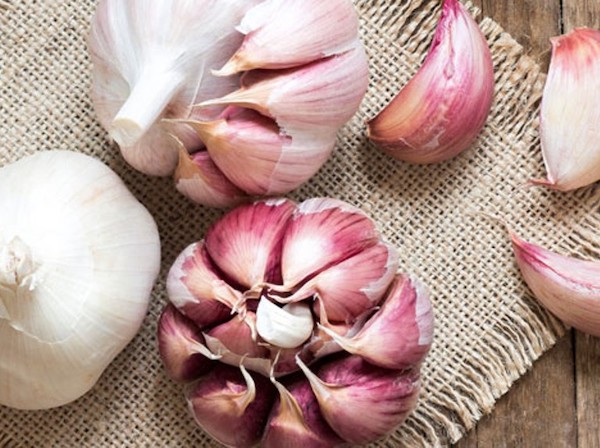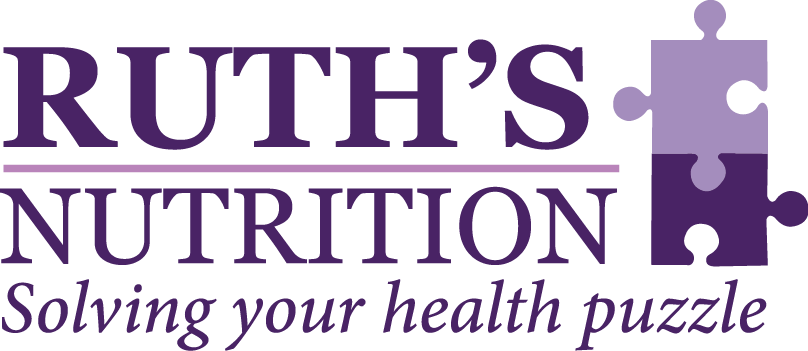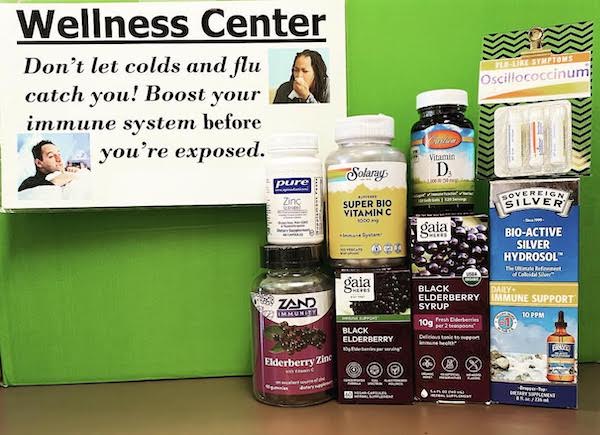How can something that smells so bad do so much good?

If you’re any kind of cook at all, you’ve got fresh garlic in the kitchen. If you’re prone to high cholesterol or hypertension, you might have garlic caps in your supplement stash. But transforming food flavors and protecting your heart are just two of the wonders of what this ancient herb can do.
Humans have used garlic as medicine since our early history. Its use is well documented by ancient Egyptians, Babylonians, Greeks, Romans, and Chinese. Greek physician Hippocrates prescribed garlic for infections, respiratory problems, poor digestion, fatigue, and parasites. The original Olympic athletes were given garlic to enhance performance.
Eating garlic provides a surprising amount of nutrition. It contains considerable amounts of manganese, Vitamin C, Vitamin B6, selenium, fiber, and decent amounts of calcium, copper, potassium, phosphorus, iron, and Vitamin B1.
But perhaps the greatest benefits come from its thirty-three sulfur compounds that enter the digestive tract and travel all over the body. These compounds have been proven to have expectorant, antispasmodic, antiseptic, bacteriostatic, antiviral, antiparasitic, and hypotensive effects.
Garlic as modern medicine
Garlic turns out to be one of the most studied medicinal plants, and research shows it has proven results.
Garlic combats the common cold. Studies show a daily garlic supplement can cut the incidence of colds by 63%, and reduce the number of days sick with colds by 70% and flu by 61%. If you’re prone to respiratory illness in winter, a daily garlic supplement might not be a bad idea.
Garlic can reduce high blood pressure. In one study, taking 600-1,500 mg of aged garlic daily was just as effective as the drug Atenolol at reducing blood pressure over 24 weeks.
Garlic can lower high cholesterol. Studies show garlic taken daily can reduce total cholesterol and LDL by 10-15%.
Garlic is a potent antimicrobial. Numerous modern studies confirm that garlic has definite antibiotic properties and is effective against a wide spectrum of bacteria, fungi and viruses. Fresh garlic extract inhibits C. albicans and MRSA. Because many of garlic’s compounds are released through the lungs, it can be a potent ally in fighting bacterial respiratory infections. (Not to mention, it’s an expectorant.)
One of garlic’s compounds, diallyl sulfide, was found to be 100 times more effective than two popular antibiotics in fighting Campylobacter bacterium, one of the most common causes of intestinal infection.
Garlic can detoxify heavy metals. A four-week study of employees at a car battery plant who were exposed to lead found that daily high doses of garlic reduced lead levels in the body by 19%. It also reduced clinical signs of lead toxicity, such as headaches and high blood pressure.
Garlic can reduce inflammation. Research shows daily garlic supplementation can reduce arthritis pain. It also can be applied as garlic oil or a garlic poultice onto painful, inflamed joints to reduce pain.
REFERENCES




